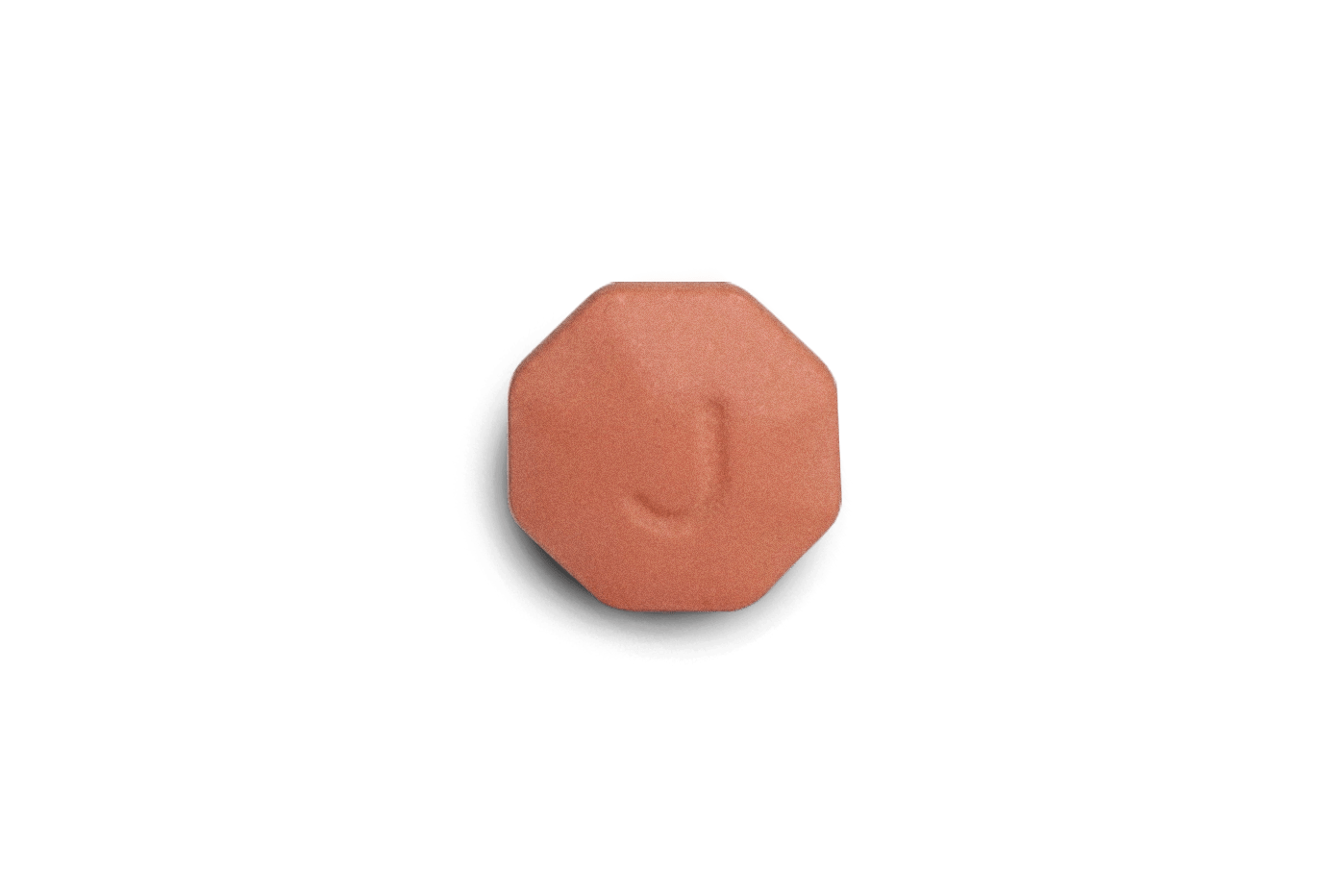Propecia has a prevention and improvement score of over 91.5%, according to a study that
ran for over 10 years in Japan. The only reason we're talking about Japan is that it was one of the
longest-running studies of Propecia ever undertaken. So it's a great way
to see how effective it is.
Propecia can help with baldness, especially baldness that focuses on
the crown or middle of the scalp. It essentially lowers the amount of
DHT your body produces, which can lead to increased hair growth and
slower hair fall.
But do you need to worry about any Propecia side effects? A quick
glance will make it seem like there's an extensive list of major side
effects. That isn't always the case, but it is always better to be
prepared and informed.
Let's break down some of the most common side effects of Propecia or finasteride, as well as some of the more serious ones. Keep reading to find out
how you can reduce your side effects if you are experiencing any.
Easy and Discreet
Order Generic Propecia (Finasteride) Online
Order Now
Table of Contents:
What Are the Side Effects of Propecia?
Propecia may cause some side effects, with some of the biggest ones
being psychological. A study from 2020 found over 3,000 reports of side effects from Propecia and around 89% of
those were psychological.
These were related to depression, anxiety, and potentially suicidal
thoughts. Additionally, patients taking Propecia were 4 times more
likely to experience these symptoms. However, these symptoms were more
common for men taking Propecia for hair loss rather than those taking
them for other reasons.
Read more: Propecia Warnings & Precautions
With that in mind, men who experience hair loss, in general, are more likely to report feelings of depression. It's something that can cause a lot of stress and
anguish for men and thus is often associated with poor self-image,
depression, and anxiety.
However, there is not yet any concrete evidence or studies done to
compare men taking Propecia for hair loss compared to those with unmedicated male pattern baldness.
Let's take a quick look at some of the more common side effects.
Propecia Common Side Effects
The more psychological concerns aside, Propecia has some physical side effects that you should know about. These will differ from person to person, and
there are definitely things you can do to help reduce or stop the side
effects altogether. We'll touch on that in a moment.
For now, let's look at the topmost common side effects of Propecia as a
prescription medication, listed in order of likelihood.
-
Erectile dysfunction
-
Trouble reaching orgasm
-
Loss of libido
-
Abnormal ejaculation
-
Swelling in your hands and feet
-
Swelling in the chest area
-
Dizziness
-
Weakness
-
Feeling faint
-
Headaches
-
Runny noses
-
Skin rash
Easy and Discreet
Order Generic Propecia (Finasteride) Online
Order Now
Propecia Serious Side Effects
One of the more serious side effects of taking Propecia is that the sexual effects may continue even after you stop taking it. Here, it's better to speak
to your doctor about your concerns and have a conversation regarding
what you can do to mitigate this.
Propecia may also stimulate a decrease in what we call the blood prostate-specific antigen (PSA), which can affect a PSA blood test. While the test looks for signs of
prostate cancer, it isn't perfect in and of itself.
That being said, you don't want to risk having a test skewed if it is
something you're concerned about. However, there are a few things you
can do to help understand your results.
Read more: How Does Propecia Work?
If you notice any side effects of Propecia, talk to your physician. Do
not change the dosage on your own.
Propecia can trigger a PSA reading of 2.0 (when the conventional range
should be between 0 and 4.0). If you've been on Propecia for more than a
year, you should double the score you get from your test. If you've been
taking Propecia for more than a single year, don't double
it.
Rather, look at the change in PSA over time. If it's going up by more
than 3/10ths of a point, then you should consider a biopsy. A doctor
will be able to help you make these sorts of analyses and
decisions.
Let's summarize the serious side effects you may experience, including the potential for increased suicidal thoughts.
-
Persistent sexual problems
-
Skewed PSA results
-
Mental health concerns
It's crucial not to have any pregnant or breastfeeding women handle
crushed or broken tablets since they can be potentially dangerous.
How to Reduce the Side Effects of Propecia
You can help reduce the side effects of Propecia by taking it at
different points in the day. If you take it in the morning, rather opt
to take it at night. This will help you avoid any of the more physical
side effects in your waking hours. You also want to avoid mixing Propecia with alcohol.
You can also reduce the severity by taking your medication with food.
If that doesn't help, speak to your doctor about lowering your Propecia dosage, as this will reduce the severity as well.
Here are some other things you can do that may help:
-
Follow a healthy diet
-
Eat zinc-rich foods
-
Avoid excessive alcohol consumption
-
Avoid extreme temperatures
-
Use the medication only as directed
Easy and Discreet
Order Generic Propecia (Finasteride) Online
Order Now
When Should You Not Use Propecia?
While physicians do not give Propecia to women as a medication, it's
important not to have any pregnant or breastfeeding women handle crushed
or broken tablets since they can be potentially dangerous.
Additionally, older men who have BPH (benign prostatic hyperplasia) and
those over the age of 55 (since the risk of high-grade prostate cancer
is increased) should exercise caution
when taking Propecia for the reasons we mentioned above.
For those with liver function issues, exercise caution. Propecia is
also not indicated for use in pediatric patients.
Read more: Propecia Cost
Final Words and Key Takeaways
While Propecia can be excellent for treating hair loss and other
medical conditions, it's important to always be informed about what
you're putting in your body. We're here because we want to help you make
informed decisions, and as long as you remember to take care of yourself
and take your medication as directed, you should be absolutely
fine.
If you do experience feelings of depression, anxiety, or suicidal
thoughts, reach out to a healthcare professional immediately. If you're
concerned about some of the Propecia side effects, visit our website and speak to a practitioner today!








